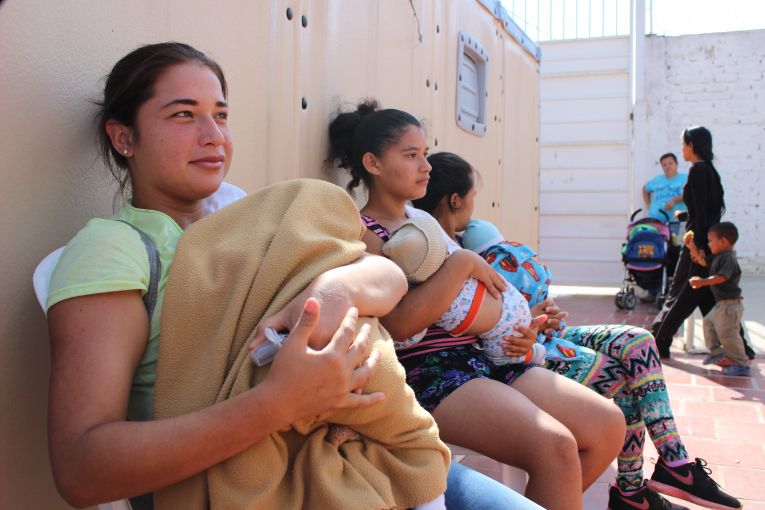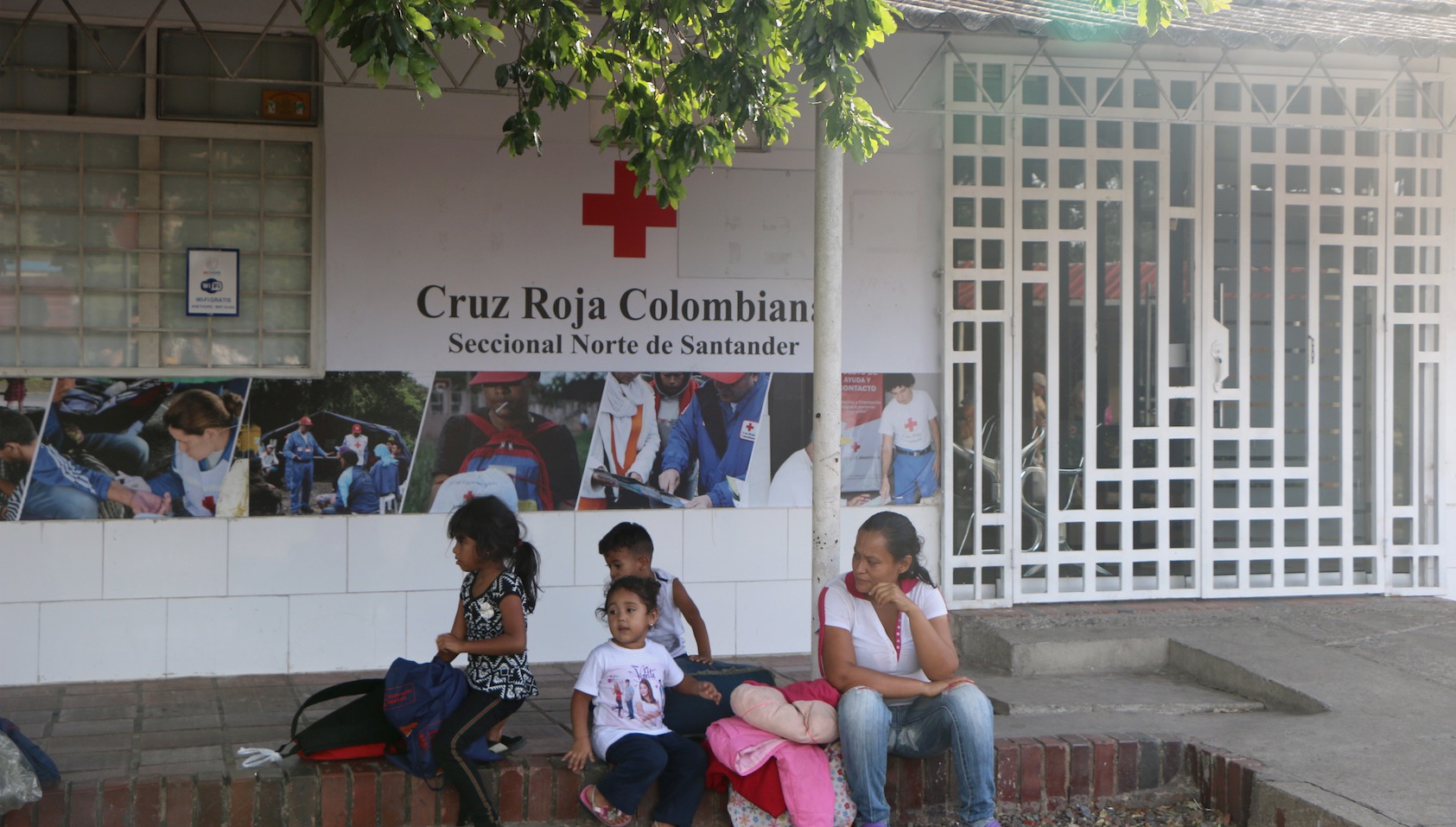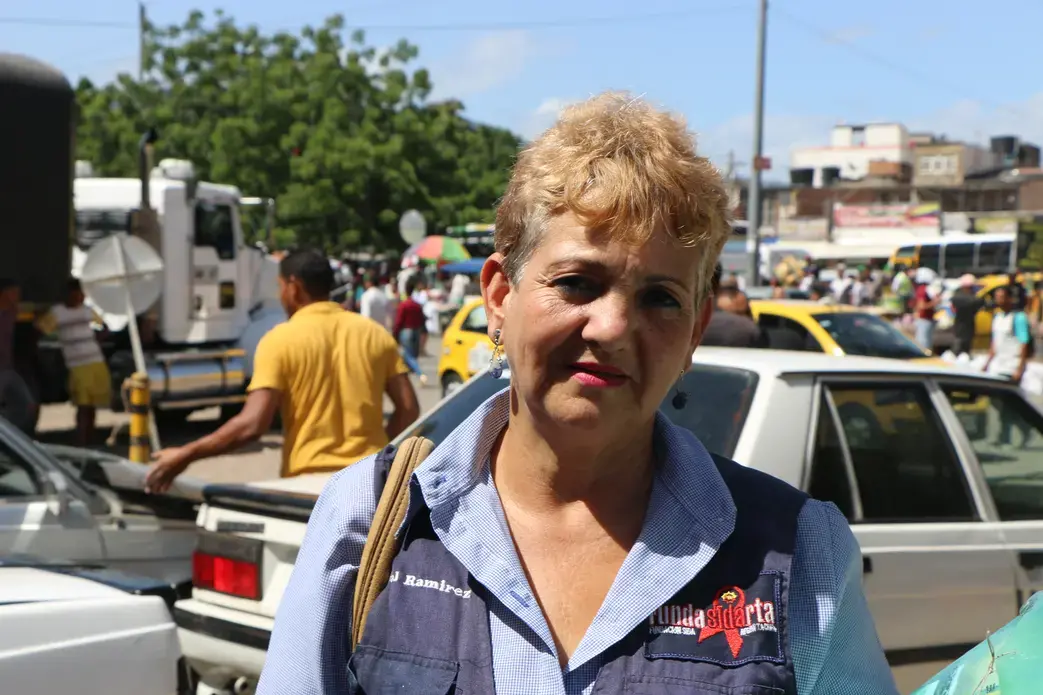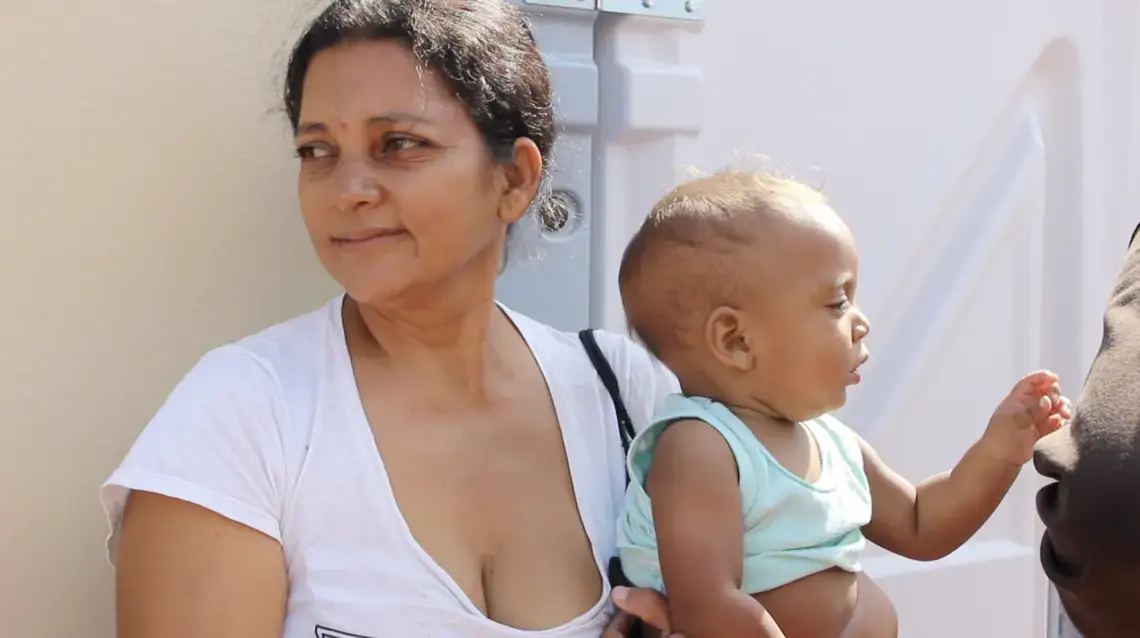On Tuesday, March 24, the Society of Professional Journalists (SPJ) announced the Region 1 Mark of Excellence Awards winners. Patrick Ammerman, a Pulitzer Center Reporting Fellow and a second-year student in the Master of Social Work Program at the University of Pennsylvania, was named a winner in the In-Depth Reporting Category. Region 1 comprises Connecticut, Maine, Massachusetts, New Hampshire, New Jersey, New York, Central and Eastern Pennsylvania, Rhode Island, and Vermont.
Mariana Rivas, another 2019 Reporting Fellow, recently graduated from The Bob Schieffer College of Communication at Texas Christian University. Rivas was named an SPJ winner in the In-Depth Reporting Category in Region 8 for her coverage of Venezuelan migrants looking to start a new life in Colombia. Region 8 comprises Texas and Oklahoma. "I was really happy and honored, but more surprised than anything," Rivas said.
Ammerman's story for Foreign Policy examines the lack of access to HIV/AIDS medications in Venezuela that forces patients, like Marisol Ramírez, to journey to Colombia. When the government stopped purchasing antiretroviral drugs in 2017, several Venezuelans were left vulnerable. To add to that, the country's political and economic turmoil has forced many HIV patients to discontinue treatment. "I found that it was a very complicated situation," Ammerman said of the migrant crisis in Colombia, adding that while the country was doing well in response to the crisis, some Venezuelan migrants "had economic and healthcare needs that were not being met."
"It was a huge honor," he said, especially as a lot of the recognition "has been in the past month or so," citing his recent article for Yes! Magazine. "I learned a lot [reporting on his project]," and while Ammerman expected people to be hesitant to speak to a young, foreign reporter, he found "people want the stories to get out there."
Rivas focused her reporting on Venezuelan children born in Colombia. In late 2019, the Colombian government granted citizenship to nearly 24,000 who were previously stateless. However, problems persist for Venezuelan migrants and their children, and for a nation that hosts them. The influx of Venezuelans in Colombia has stretched the latter's healthcare system, Rivas writes, as one hospital saw "a spike in its numbers from 5 percent of Venezuelan mothers giving birth there in 2016 to almost 80 percent in July 2019." Others say there is an issue with Venezuelan integration, citing institutional shock and discrimination. However, in the face of these hardships, "it was inspiring [for me] to see all these capable women meeting the struggles they had with grace and patience," Rivas said.
"I learned a lot about how human beings can easily adapt to a situation that is incredibly difficult and critical," she concluded.
To learn more about the awards, please visit the SPJ website.

Project
Refugees in Colombia
With the recent announcement that all stateless babies born of Venezuelan parents would receive...















